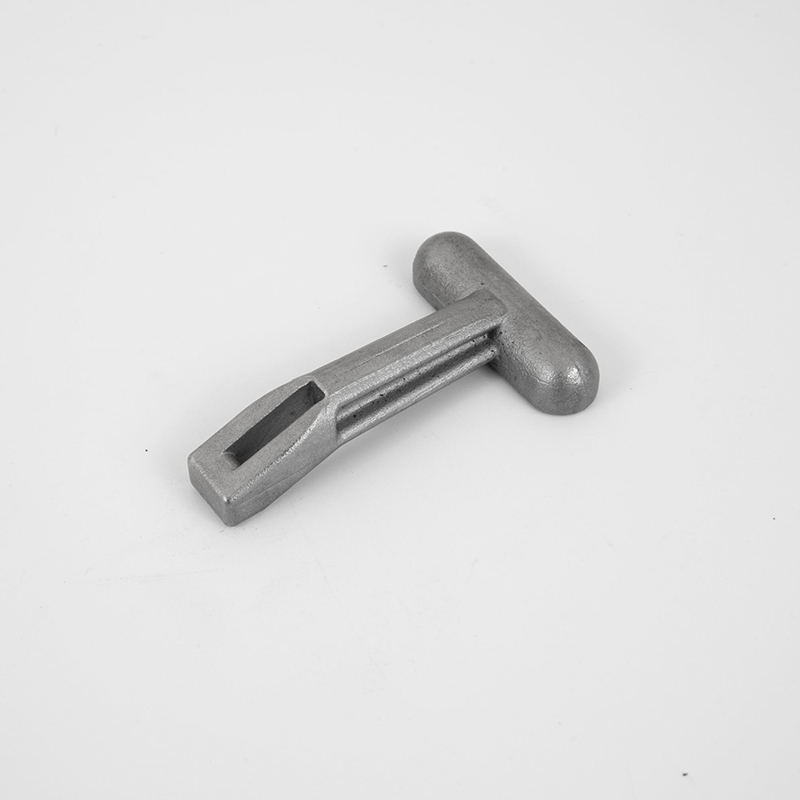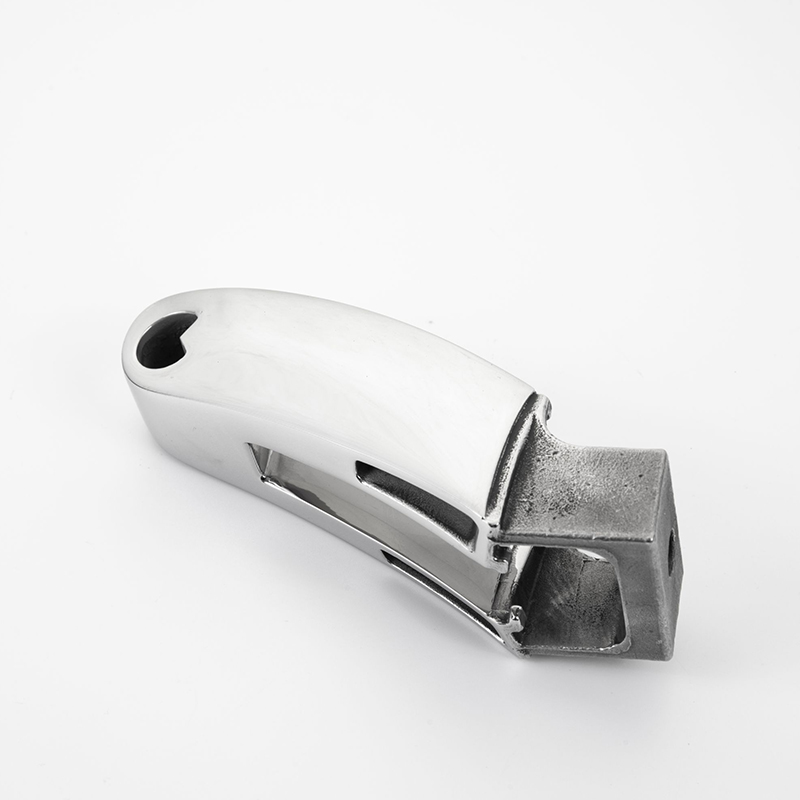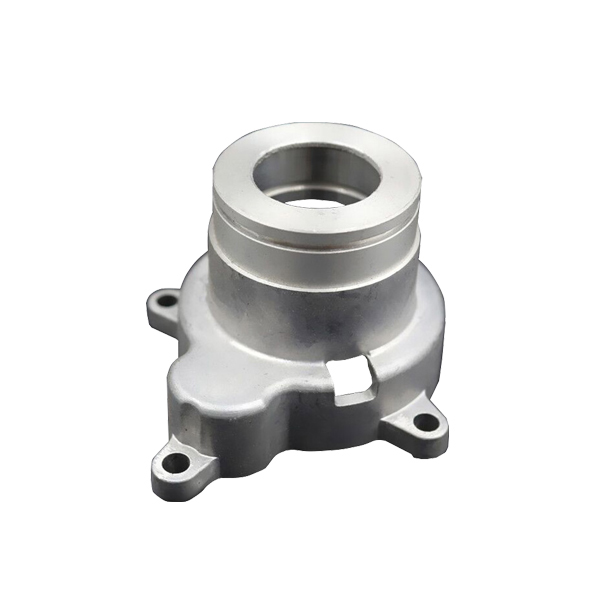Products
Precision Machining
What are the types of precision machining?
As the professional manufacturer, we would like to provide you precision machining. And we will offer you the best after-sale service and timely delivery.
There are several types of precision machining processes, each with its own specific applications and advantages. Some common types of precision machining include:
Turning: Turning is a machining process that involves rotating a workpiece on a lathe while a cutting tool removes material to create cylindrical shapes such as shafts, rods, and other components with rotational symmetry. It is commonly used for producing parts with circular cross-sections.

Milling: Milling is a process that uses a rotating cutting tool to remove material from a workpiece, creating complex shapes, features, and surfaces. It is widely used in the production of components with intricate geometries, such as gears, slots, and contours.
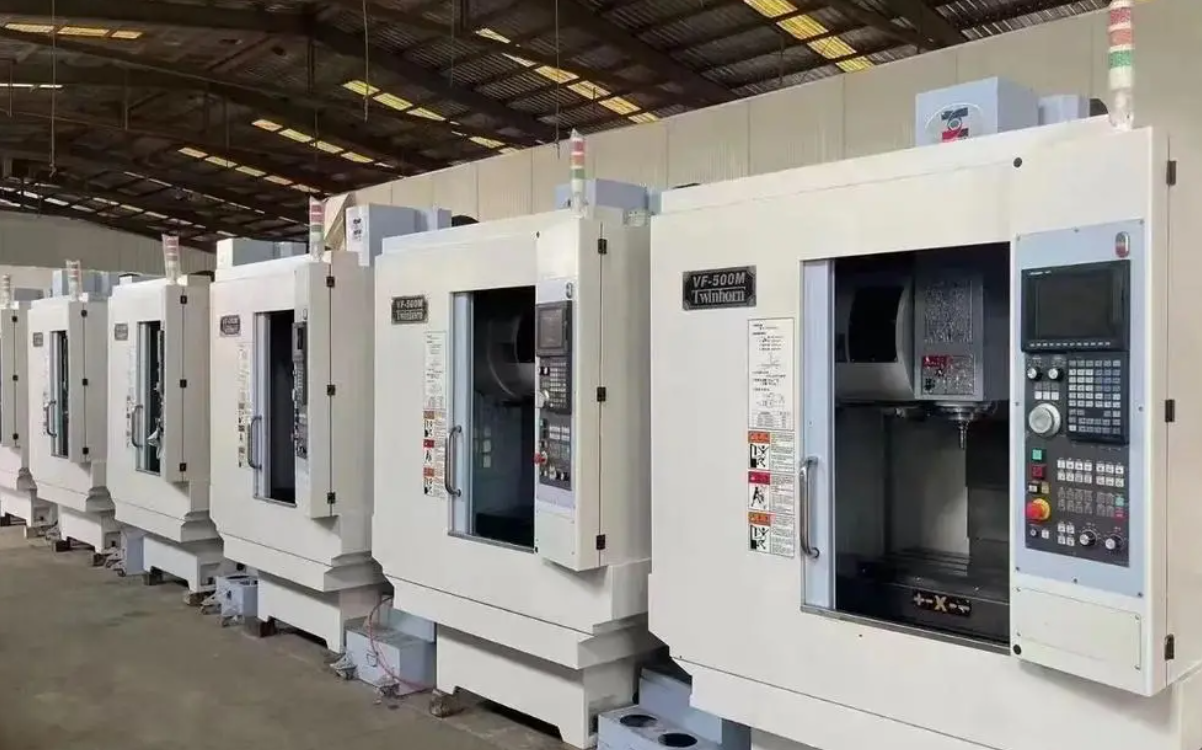
Grinding: Grinding is a precision machining process that uses an abrasive wheel to remove material from a workpiece, producing very fine surface finishes and tight tolerances. It is often used for achieving high dimensional accuracy and surface quality in hardened materials or components with tight tolerance requirements.

Drilling: Drilling is a machining process that involves using a rotating cutting tool to create holes in a workpiece, with precise depths and diameters. It is a fundamental process in manufacturing and is used to produce holes of various sizes and shapes in a wide range of materials.

Electrical Discharge Machining (EDM): EDM is a non-traditional machining process that uses electrical discharges to remove material from a workpiece. It is particularly useful for machining electrically conductive materials and producing intricate shapes that are difficult to achieve with conventional cutting tools.
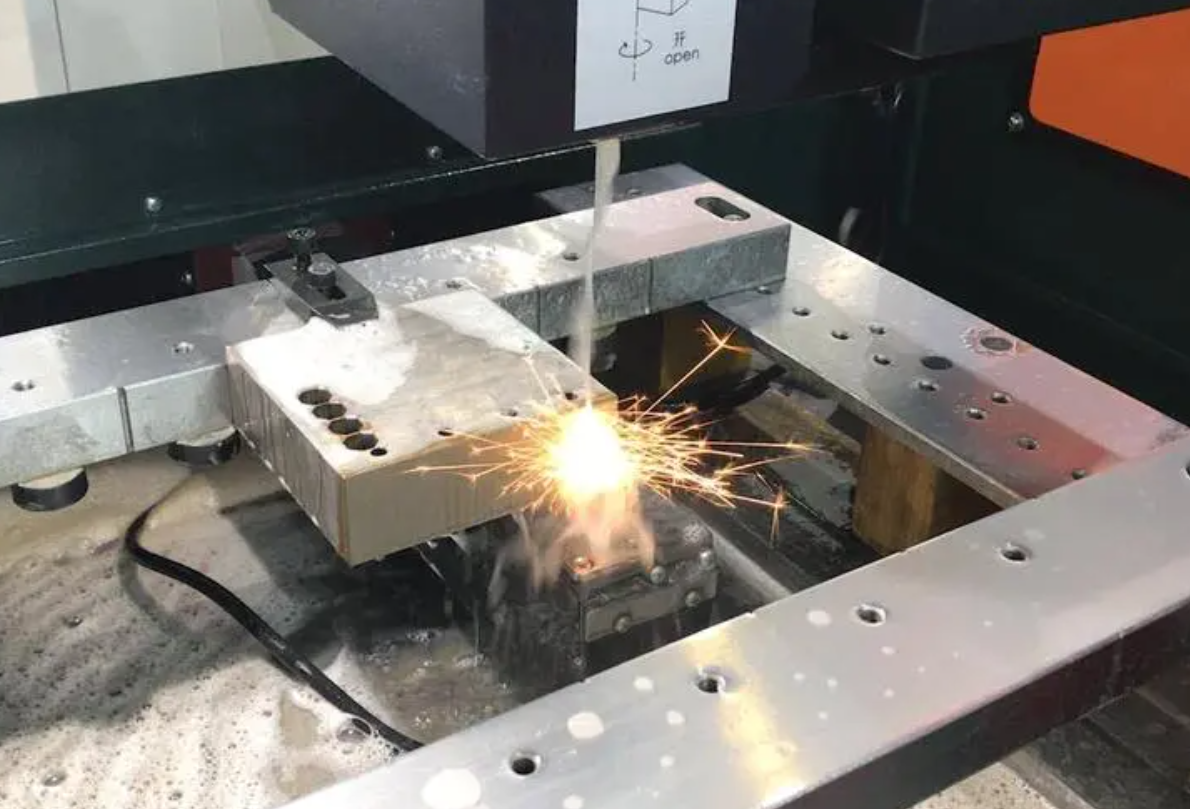
Laser Cutting: Laser cutting is a thermal machining process that uses a high-powered laser to cut through materials, providing high precision and minimal material waste. It is commonly used for cutting sheet metal, tubes, and other materials in industries such as automotive, aerospace, and electronics.
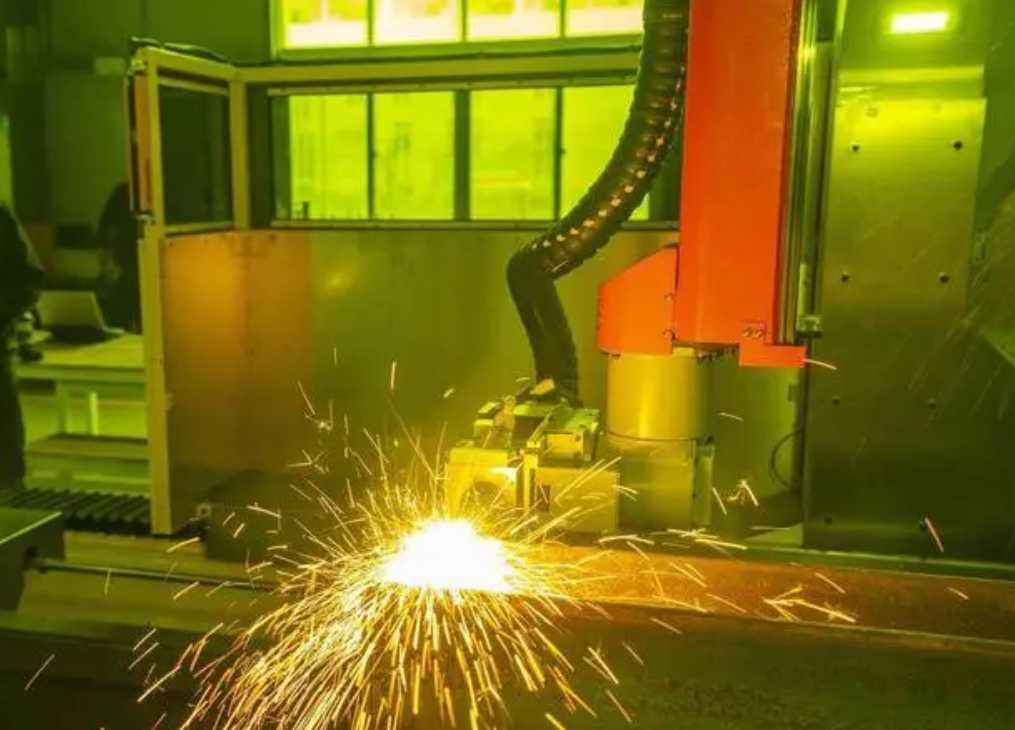
These precision machining processes are essential in various industries, including aerospace, automotive, medical, and electronics, where high levels of accuracy and quality are required in manufactured parts. Each process has its own specific applications and advantages, and they are often used in combination to achieve the desired results in the production of complex components.
What advantage of precision machining comparing with casting and forging
Precision machining offers several advantages compared to casting and forging processes:
Dimensional Accuracy: Precision machining processes such as milling, turning, and grinding can achieve very tight tolerances and high dimensional accuracy, allowing for the production of parts with precise geometries and exact specifications. In contrast, casting and forging processes may have limitations in achieving the same level of dimensional precision.
Surface Finish: Machining processes can produce fine surface finishes, which are often superior to those achieved through casting and forging. This is particularly important for applications where smooth surfaces are required, such as in aerospace, medical devices, and high-precision machinery.
Material Flexibility: Precision machining can be used with a wide range of materials, including metals, plastics, composites, and ceramics. This flexibility allows for the production of parts with diverse material properties and characteristics, which may not be easily achievable through casting or forging alone.
Design Flexibility: Machining processes enable the production of complex and intricate part geometries, including features such as undercuts, thin walls, and internal cavities. This design flexibility is often challenging to achieve through casting and forging, which may have limitations in producing intricate shapes.
Material Waste: Precision machining processes typically generate less material waste compared to casting and forging. This is because machining involves removing material from a solid workpiece to create the final part, whereas casting and forging processes often involve excess material that needs to be removed through additional machining or material recycling.
Consistency and Repeatability: Machining processes offer high levels of consistency and repeatability, allowing for the production of identical parts with minimal variation. This is important for industries where uniformity and quality control are critical, such as in automotive and aerospace manufacturing.
While precision machining offers these advantages, it’s important to note that each manufacturing method has its own strengths and limitations, and the choice of process depends on factors such as part complexity, material properties, production volume, and cost considerations. In many cases, a combination of casting, forging, and precision machining may be used to achieve the desired results for a given component.
What is the future development of precision machining
The future development of precision machining is likely to be influenced by several key trends and advancements, including:
Advanced Materials: As new materials with unique properties and characteristics continue to be developed, precision machining processes will need to adapt to accommodate these materials. This includes the ability to machine advanced alloys, composites, ceramics, and other high-performance materials used in industries such as aerospace, automotive, and electronics.
Industry 4.0 and Smart Manufacturing: The integration of digital technologies, automation, and data analytics into precision machining processes will lead to the emergence of smart manufacturing environments. This includes the use of sensors, real-time monitoring, predictive maintenance, and interconnected machining systems to optimize production efficiency, quality control, and overall equipment effectiveness.
Additive Manufacturing Integration: The integration of additive manufacturing (3D printing) with precision machining processes will enable hybrid manufacturing approaches, where complex parts can be produced with a combination of additive and subtractive techniques. This will allow for greater design freedom, reduced material waste, and the production of parts with optimized material properties.
High-precision Micro-machining: The demand for micro-scale components in industries such as medical devices, electronics, and telecommunications will drive the development of high-precision micro-machining technologies. This includes advancements in ultra-precision machining, laser micromachining, and micro-electro-mechanical systems (MEMS) manufacturing.
Sustainable Machining: There will be a growing emphasis on sustainable machining practices, including the reduction of energy consumption, material waste, and environmental impact. This may involve the development of eco-friendly cutting fluids, recycling of machining chips, and the adoption of energy-efficient machining equipment.
Artificial Intelligence and Machine Learning: The use of artificial intelligence (AI) and machine learning algorithms will play a significant role in optimizing machining processes, toolpath planning, predictive maintenance, and quality control. This will enable adaptive machining strategies that can continuously improve efficiency and part quality.
Customization and Personalization: The trend towards mass customization and personalized products will drive the need for flexible and agile precision machining capabilities. This includes the ability to rapidly reconfigure machining setups, accommodate small batch sizes, and efficiently produce customized components.
Overall, the future development of precision machining will be shaped by technological advancements, industry demands, and the pursuit of greater efficiency, quality, and sustainability in manufacturing processes. As these trends continue to evolve, precision machining will play a crucial role in meeting the demands of diverse industries and driving innovation in the production of high-precision components.
The processing capabilities and equipment of Keming Machinery
Keming Machinery, located in Yinzhou, Ningbo, is a well-established company with its own processing workshop and a comprehensive range of advanced equipment. The company’s processing capabilities include cold processing and precision machining of various materials such as steel, iron, aluminum, copper, and more. With over 20 years of experience, Keming Machinery has built a strong reputation for delivering high-quality precision-machined components to its customers.
The company’s processing workshop is equipped with a diverse set of machinery, including 10 advanced CNC machines, 50 CNC machines, 2 grinding machines, 1 laser cutting machine, and 2 automatic welding robots. This extensive array of equipment enables Keming Machinery to handle a wide variety of machining tasks, from intricate precision components to larger-scale production runs.
Keming Machinery’s expertise in the processing of castings and profiles further demonstrates its proficiency in working with different forms of raw materials. The company’s focus on cold processing signifies its capability to efficiently machine materials without the need for excessive heat, ensuring the integrity of the workpiece’s properties.
In addition to its technical capabilities, Keming Machinery’s commitment to quality, precision, and customer satisfaction has been pivotal to its success in the industry. The company’s skilled workforce, combined with its state-of-the-art equipment, positions it as a reliable partner for clients seeking precision machining solutions.
Overall, Keming Machinery’s extensive experience, diverse processing capabilities, and commitment to quality make it a prominent player in the precision machining sector, capable of meeting the complex and varied needs of its customers.
- View as
Steel Precision Machining
The following is the introduction of high quality Steel Precision Machining, hoping to help you better understand Steel Precision Machining. Welcome new and old customers to continue to cooperate with us to create a better future!Steel precision machining is a manufacturing process that involves the use of CNC machines to remove material from a steel workpiece to create a desired shape, size, or finish. The process is also known as precision CNC machining and is widely used in industrial production to make high-quality steel parts with tight tolerances and complex geometries. The steel precision machining process is typically done with CNC mills, turning centers, or drills that rapidly rotate and cut away material from the steel workpiece.
Aluminum Precision Machining
As a professional high quality Aluminum Precision Machining manufacturer, you can rest assured to buy Aluminum Precision Machining from our factory and we will offer you the best after-sale service and timely delivery.Aluminum precision machining refers to the process of using specialized machines and tools to create high-quality, precise metal components from aluminum. Aluminum is a versatile and widely used material due to its lightweight, strength, and corrosion resistance properties. Precision machining of aluminum parts involves removing material from a solid aluminum block to create the desired shape and dimensions using precision cutting, drilling, milling, and grinding techniques.
Metal Precision Machining
The following is the introduction of high quality Metal Precision Machining, hoping to help you better understand Metal Precision Machining. Welcome new and old customers to continue to cooperate with us to create a better future!Metal precision machining is a manufacturing process that involves cutting and shaping metal parts to achieve precise dimensions, tight tolerances, and high-quality finishes. The process uses advanced CNC (Computer Numerical Control) machines that remove metal material from the workpiece to create complex parts with accurate specifications.
